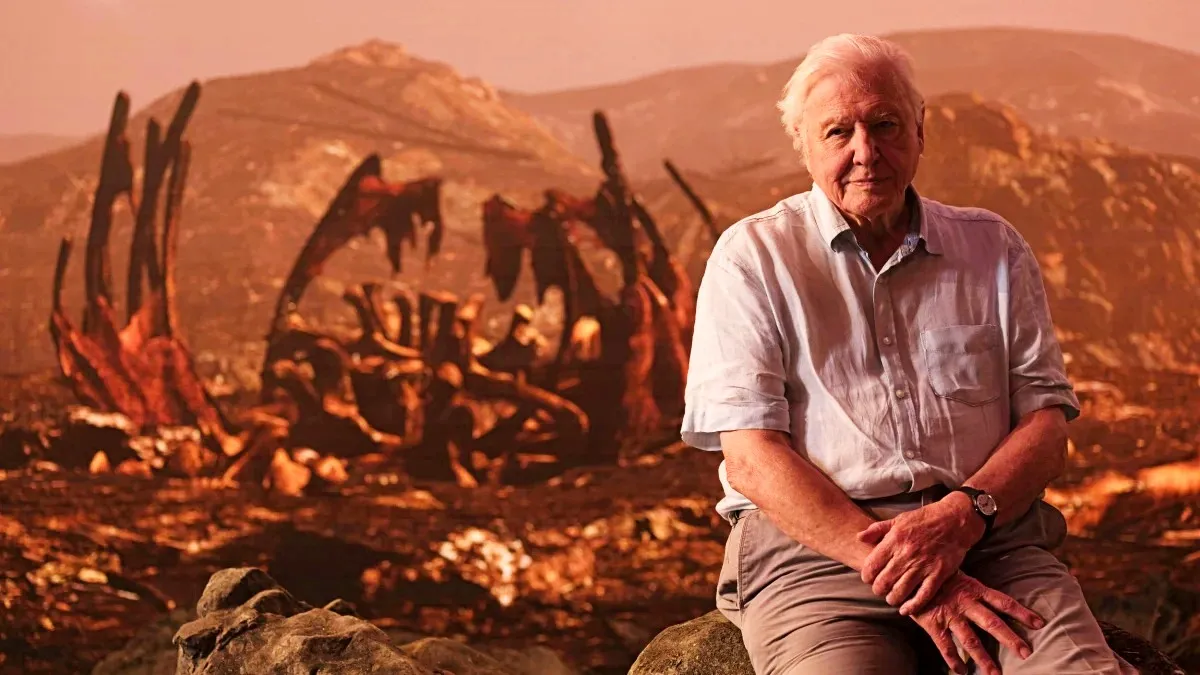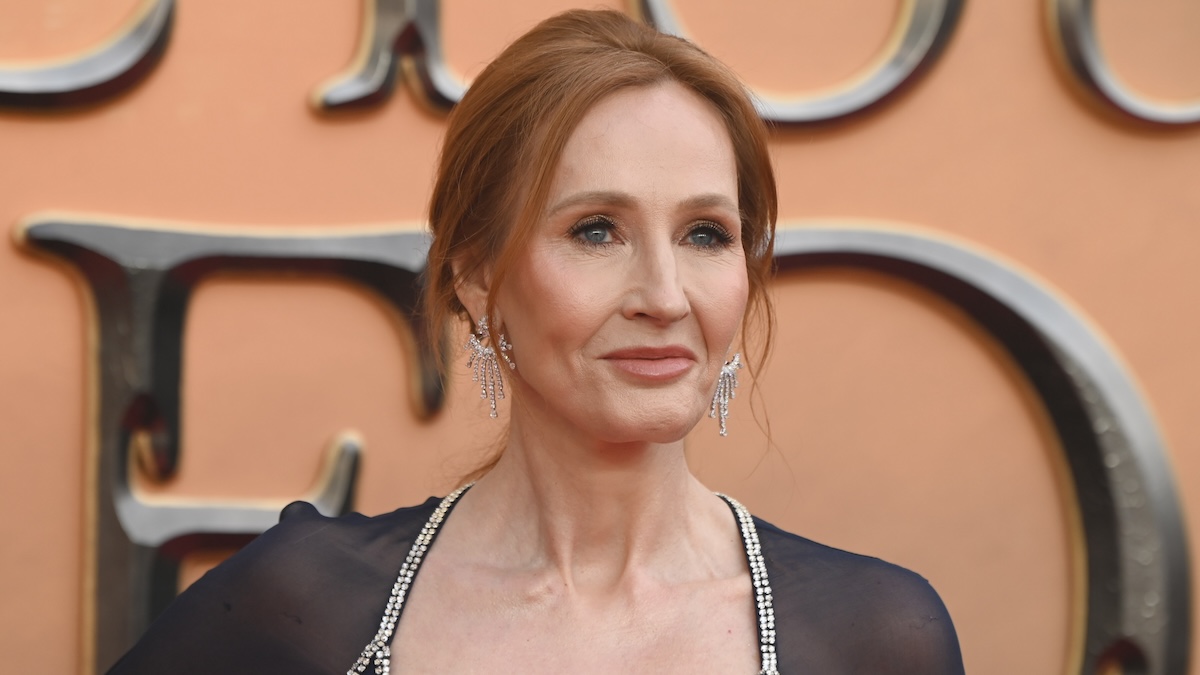One episode of Sir David Attenborough’s new documentary series, Wild Isles, will reportedly not air on the BBC due to fears of conservative backlash. Attenborough’s ties to the BBC date back to the 1960s, and he has collaborated with them on countless innovative, award-winning, and awe-inspiring educational docuseries and documentaries highlighting the wonders of the natural world. The Life Collection, Natural World, and Planet Earth are just a few series Attenborough released in conjunction with the BBC’s Natural History Unit.
While much of Attenborough’s work focuses on educating viewers on biology and natural history, many also discuss the impact of humanity on the natural world. His documentary A Life on Our Planet made horrifying predictions about the future of the planet if humanity keeps on its destructive pathway. He discussed how much the planet has declined in his lifetime alone and warned that life on Earth could grow unsustainable for humans and animals. Attenborough’s lifetime of dedication, work, and research on environmental causes has been so impactful he was even honored with the Champions of the Earth Lifetime Achievement Award from the United Nations.
Needless to say, very few individuals are as qualified to speak on the environment as Attenborough is. At 96 years old, he has spent decades traveling the world and trying to spread his immense love of nature to every viewer he reaches through his documentaries. Despite all of this, though, the BBC is putting conservative feelings above Attenborough’s environmental advocacy.
BBC doesn’t want David Attenborough to talk about climate change
Attenborough’s Wild Isles is set to premiere on March 12. While Attenborough has done a lot of work outside of the U.K. and even delved into prehistoric times in other projects, he decided to stick closer to home in Wild Isles. The docuseries will emphasize the wildlife communities that exist literally in the backyards and on the doorsteps of residents of the British Isles. It was reported by The Guardian that Wild Isles will consist of six episodes total, but only five will air on BBC One in primetime. The sixth episode alone will not be broadcast and will instead only be available to watch on the BBC’s video-on-demand service, BBC iPlayer.
The sixth episode will reportedly examine how wildlife communities are declining in the U.K. and educate individuals on how their actions are driving animals right outside their doorstep to extinction. It is believed the episode, which focuses on the destruction of nature, will also examine climate change and rewilding. Insiders at the BBC have alleged that the sixth episode won’t be aired to “fend off potential critique from the political right.” Other sources backed up this allegation, accusing the studio of bending to lobbying groups with “dinosaurian ways” who would pitch a fit if the episode aired.
The report quickly sparked criticism as social media users slammed the BBC for ignoring facts, science, and research and refusing to share important information from a qualified environmental advocate just because of potential conservative backlash. The news also drew comparisons to the BBC’s actions toward Gary Lineker. Lineker, who covers sports for BBC, was asked to step back from presenting the network’s Match of the Day after he criticized a new bill Britain passed that will refuse to provide asylum to refugees. Both incidents seemingly reflect a disturbing use of censorship on the BBC’s part of anyone deemed to hold “controversial” viewpoints.
The BBC responds to Attenborough censorship allegations
According to NME, a spokesperson for the BBC refuted the claims that the network was preventing Attenborough from airing episode six of his docuseries. The spokesperson claimed that Wild Isle was always supposed to consist of just five episodes, and what is being deemed the sixth episode is actually a separate film inspired by the series that was acquired specifically for the iPlayer. On Twitter, the BBC Press Office echoed the claims of the spokesperson and called The Guardian‘s report inaccurate.
A press release from August also described Wild Isles as a “five-part natural history series.” Still, most users were not satisfied with the BBC’s explanation. Many commenters pointed out that the BBC’s Countryfile magazine initially listed the series as having six episodes, though it has been corrected to five episodes as of the writing of this article.
Also, the BBC’s explanation still doesn’t explain why the film inspired by the series and tackling preservation and restoration was regulated to the iPlayer. The BBC already lost credibility and trustworthiness with the Lineker situation, making the alleged censorship of Attenborough hard to dismiss even after the network’s explanation.
(via The Guardian, featured image: Apple TV+)









Published: Mar 10, 2023 05:09 pm